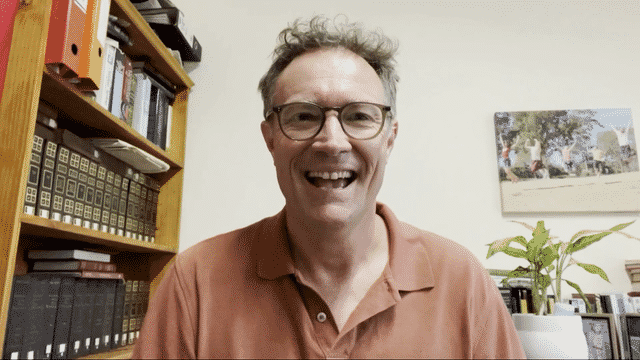Forgiveness, Hamilton & Easter
Hamilton the Musical returns to Sydney in July and I am seriously tempted to go and see it again. The intersection of a compelling historical narrative and powerful lyrically driven music has made me fall in love with Lin-Manuel Miranda’s masterpiece. There is one scene in the musical towards the end that I find absolutely arresting. Alexander Hamilton and wife Eliza are standing together but alone. There is profound brokenness between them and in them. There is grief. There is struggle. And humanity in all its tragedy is playing out on stage as they grieve two deaths - that of their son and their marriage. And in that moment, the audience is called to draw near and see what is happening.
They are on an unimaginable journey.
Is there any way this brokenness can be resolved?
Is there any way there could be reconciliation?
Is there any way there could be forgiveness?
And with these questions in the air, the music swirls around them with majestic tragedy, pausing at regular intervals as though to ensure you understand the unimaginably profound depth of brokenness that is on display before you.
And then come these words.
There are moments that the words don't reach
There's a grace too powerful to name
We push away what we can never understand
We push away the unimaginable
They are standing in the garden
Alexander by Eliza's side
She takes his hand
It's quiet uptown
Forgiveness. Can you imagine?
And it is in that moment that we find a parallel with the Easter story - a story of vastly more importance and significance than Hamilton. A story that carries eternal significance. Eternal significance for you. And me. For your family. For your neighbours and for the world.
Because the unimaginably profound depth of brokenness that characterises Eliza and Alexander’s relationship parallels but is grandly superseded in the relationship between God and humanity. The Bible makes it very clear that there is no beautiful thing in us that would make God want to reach out and reconcile with us who have betrayed and rejected him, who have despised and misused his good gift of life, but that is exactly what he does.
The Bible makes it very clear that there is nothing in our hands that we bring that God needs that would make God want to reach out and restore our relationship with him but that is exactly what he has done.
On Good Friday we descend into the darkness; we see Jesus on a cross, taking from us every sin and offence, bearing every sin of mine and yours on his shoulders and in his body; we see Jesus taking on himself every way we have mucked up, caused grief, offended others, and offended him through our lives both consciously and unconsciously; and we see Jesus die under the judgement of God instead of you. Instead of me.
But that’s not the end of the story because on Easter Sunday we rejoice in the light of life and in an empty tomb and in that fact that God did not leave him dead but raised him up to proclaim to the world that the justice and wrath of God is satisfied, that we can be made clean, that in Christ by faith I am now just as if I had never sinned. And now God has appointed Jesus as the King so that all who turn to him and trust him will live. And that makes Easter Sunday a great day!
Eliza reached out her hand to Alexander in hope.
God reached out his hand to us in Christ with better hope. Eternal hope. Permanent hope. Easter hope. Hallelujah!

